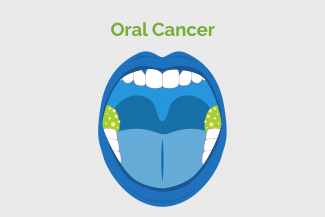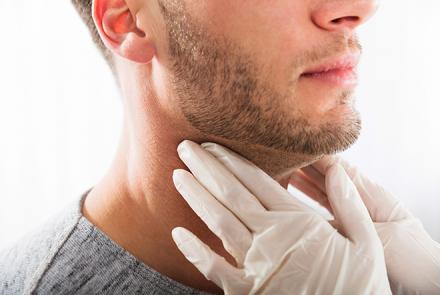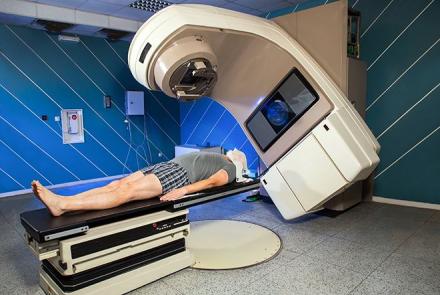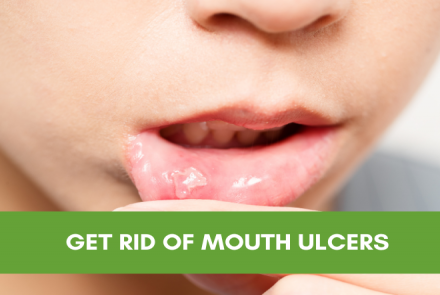Oral cancer refers to cancers of the head and neck. It includes cancer of the lips, tongue, cheeks, gums, salivary glands, floor of the mouth, hard and soft palate, sinuses and pharynx. Brain cancer falls in a different category.

Can oral cancer be prevented
- Go for regular screening. People without risk factors should get screened every 6 months. Those with risk factors should get screened monthly. If oral cancer is detected early, the cure rate is more than 80%. Your dentist will examine your mouth during a routine visit, anyway, but if you have any concern, do mention it.
- Do not use tobacco in any form (both smoking and chewing tobacco can cause cancer)
- Do not chew betel nut or pan
- Do not drink alcohol in excess
- Stay out of the sun, especially between 10am and 4 pm when sunlight is at it's strongest. Use sunscreen if you are outdoors.
- Use lip balm with SPF 30 or higher
- Practice good oral hygiene
- See the dentist frequently
- Limit the number of X-rays you have
- Protect yourself against the human papilloma virus by being vaccinated (recommended for those aged 9 years to 26 years, but do discuss this with your doctor even if you are outside this age group).
- Eat right. Various agents have been studied for chemoprevention of oral cancer, including retinoids, beta-carotene, vitamin E, selenium, and COX-2 inhibitors, curcumin (turmeric), lycopene found in tomatoes, green leafy vegetables, fruits like papaya, berries, apple etc. Tomatoes and garlic also have potent antimutagenic and anticarcinogenic properties.
- Exercise regularly.
Look at your mouth in a mirror once a month. If you see something different, tell your dentist.
Changed
17/Jun/2025
Community
Condition

















